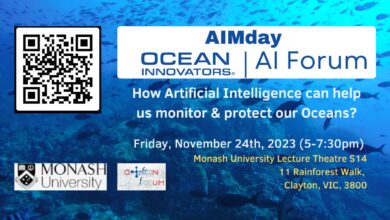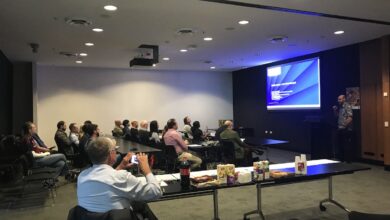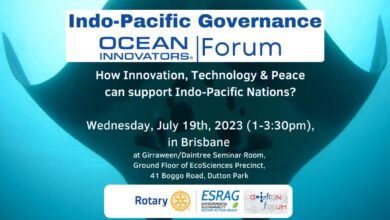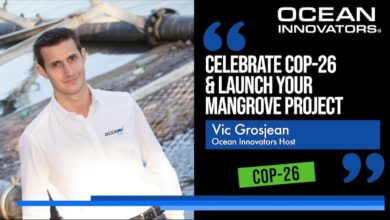The Dark Hobby: what goes unseen underwater
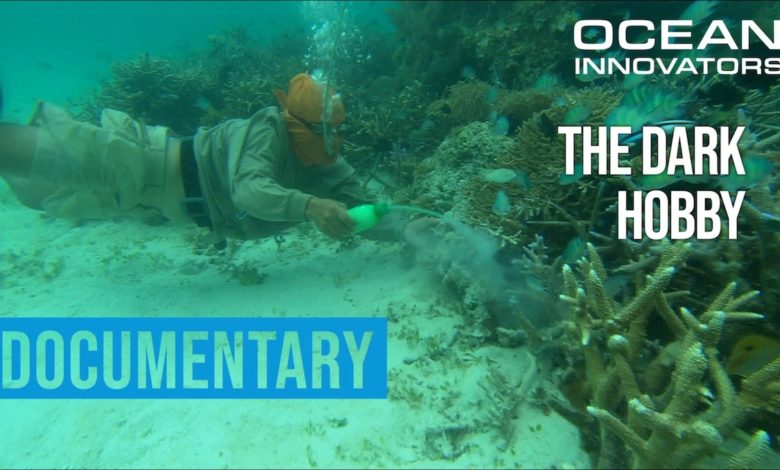
- What is The Dark Hobby?
- Why is it so important to preserve ocean biodiversity?
- How to help
The aquarium trade worth $5 billion causes the death of exotic fish, the reef, and the ocean. Reefs produce 50% of the Earth’s oxygen and without these fish, the fragile ecosystems on this planet are in danger. Many are fighting for the survival of these species and to prevent the degradation of reefs. What is The Dark Hobby? Why is it so important to protect marine biodiversity? How can we as individuals contribute to reef protection?
What is The Dark Hobby?
2021 Best Film Animal Advocacy Feature, International Vegan Film Festival
2021 Winner, International Film Festival of Andaman & Nicobar
2021 Best Documentary, Port Blair International Film Festival
Paradise Filmworks International is a documentary production company where Paula Fouce is the president. They work on a lot of critical subjects all over the world and their latest documentary is The Dark Hobby. It is about reef wildlife species and the aquarium trade impacts them. The documentary follows a group of conservationists, native Hawaiian Elders, and scientists who will stop at nothing to try to protect reef species.
As many as 26 million are in the aquarium pipeline at any given time. They go through torturous journeys to be shipped to the mainland for sale. Paula notes that this occurs in many countries all over the world, and not only in Hawaii. Paula went snorkelling in Hawaii about 20 years after going previously. She was appalled to see that hardly any fish remained. The aquarium trade is a huge business worth billions of dollars but is greatly damaging to the reefs and species, which are increasingly going extinct. The Dark Hobby is trying to educate the public about what’s happening below the surface.
Why is it so important to preserve ocean biodiversity?
The statistics are quite alarming. We know that the ocean has been under duress for a long time, and for many reasons. When reef species are collected and removed, hierarchies of species living together and producing oxygen are disturbed. This disrupts the perfect balance on the reef. Most people do not realise where the fish that we get for our aquariums come from.
Paula herself tells us that she loves looking at gorgeous fish in an aquarium. But when we start to understand the interplay between species living on the reef, we realise how dangerous the practice is. Science and technology has proven how intelligent these species can be. The cleaner wrasse has passed a self recognition test where it can identify itself in a mirror. We are finding out more and more about these species who haven’t really been given much respect. Hence, it is indispensable to protect them and maintain marine biodiversity around reefs.
How to help
We can do several things; the first one would be not to have aquariums and buy the fish that are being taken from reefs. When you keep them in an aquarium, 90% of them inevitably die within a year of capture. This creates a need for replacement, causing collectors to remove more species from the reefs and impacting species above and below them in the hierarchy. By not engaging with the aquarium trade, what we can do is create more marine reserves around the world for people to enjoy seeing gorgeous fish in their natural habitat.
Paula has a simple request for us, leave the fish at home on the reef. They are not meant to stay in a box of water in the living room. You can go to The Dark Hobby’s website to sign the pledge not to buy reef wildlife. Make sure to watch The Dark Hobby if you haven’t yet. And keep in touch by following the team on Twitter, Facebook, and YouTube.



